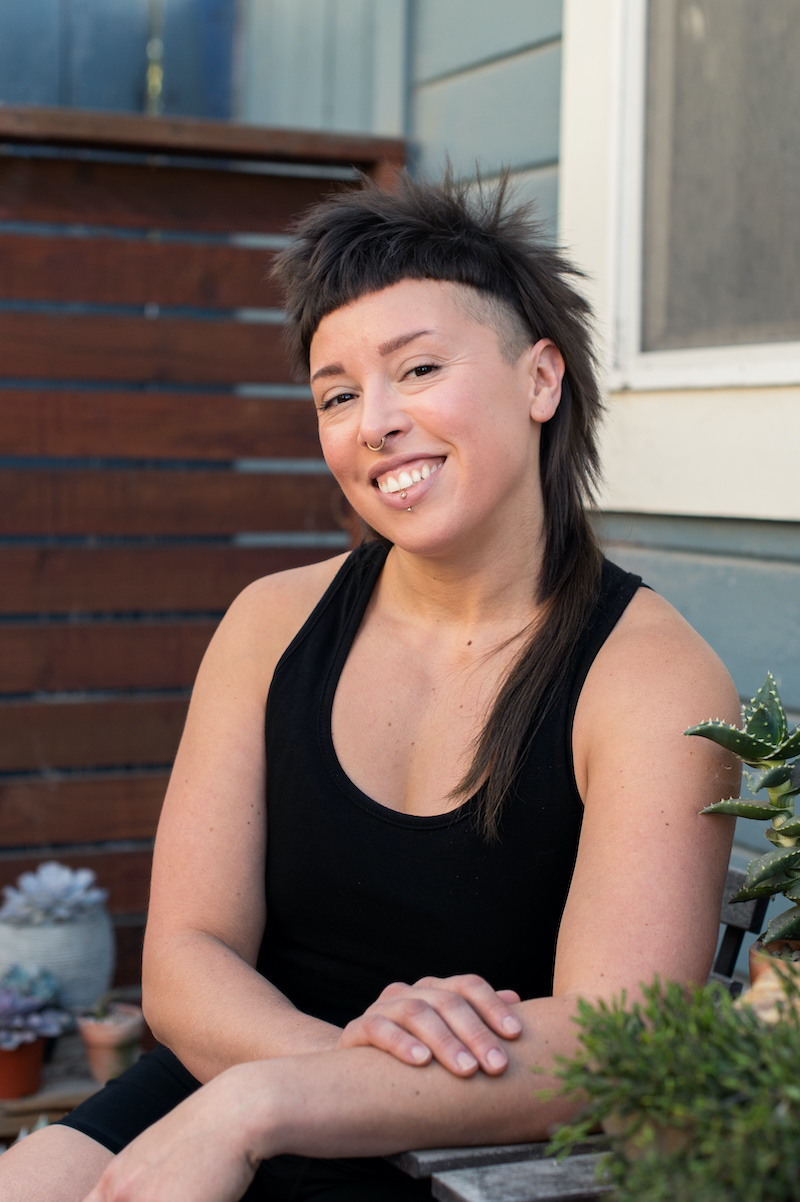It’s no secret in the Touchstone community that if you want training advice of any kind or need help rehabbing an injury, Natasha Barnes is the one to ask. A chiropractor, ClinicalAthlete provider, Touchstone Athlete, competitive climber since 1999 and a competitive powerlifter with an elite total, Natasha knows a thing or three about effective fitness protocols and staying stoked for high level goals. In advance of our 2021 Pro ‘Gram interview, we chatted with Natasha about her experience as an elite level athlete, coach, and health provider, and how she gets (and stays) strong AF.
Everyone has goals. How do you develop goals that are actually attainable?
Something I discuss with my clients is the importance of setting realistic goals. Goal setting is important because it provides direction and motivation in rehab and training.
I like to use S.M.A.R.T. goals. Most people have probably heard of S.M.A.R.T. goals but just in case, here is an overview of what it means:
Specific: Avoid making vague goals. You are more likely to complete a specific goal than a general goal that lacks detail.
Measurable: Make certain your goals are measurable in time, quantity, and difficulty. This allows you to know you are making improvements or are moving forward with your objective.
Achievable: Goal setting is meant to help motivate you by pushing you to achieve specific objectives. Making sure those objectives are attainable is the first step to ticking them off and feeling confident as you set further goals.
Relevant: Relevance is whether or not something is actually making you better at the desired thing you wish to be better at.
Trackable: It is very beneficial to be able to monitor your progress while working on a goal. It is often hard to stay motivated when you have no idea how far away a goal is or how far you have come since starting.
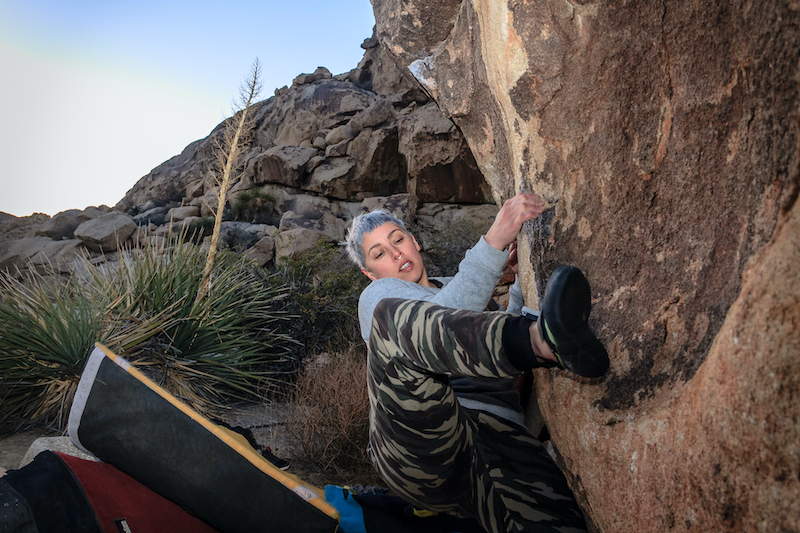
How do you stay motivated past January? What do you do when motivation dips, or what are your top tips for consistency?
You can’t be motivated all the time. I think it’s important to be realistic about it. Here are my tips:
1. Keep your long-term goals in mind. What do you need to do today to be where you want to be by X date?
2. Make it visible. Make a vision board or cut out a picture of the climb from a magazine and put it where you can see it every day. Save posts that motivate you on Instagram and look back at them regularly.
3. Set short-term goals, e.g. process goals. These are stepping stone goals that help you reach your ultimate goal. They can help keep you motivated, on track, and it feels good to check them off. Make these visible too!
4. Mix it up. If you’re bored with a program or an exercise, change it. Instead of a squat, try a lunge. Instead of running, try biking. If max hangs have plateaued, try repeaters. If bouldering is feeling stale, switch to routes.
5. Get a training partner. Get your partner, best friend, dog, whoever to train with you. Even if it’s just over Zoom it’s someone who will help keep you accountable and motivated.
6. Have a plan. Have a plan to follow so you don’t spend time and mental energy thinking about what to do. Make it a non-negotiable and schedule it in your calendar.
7. Be realistic. We are surviving a global pandemic and there is a social justice movement going on. Everybody’s lives have changed. It’s ok to not train. It’s ok to not be motivated right now. It’s a privilege to train and work on our goals and not everyone has that privilege right now. Be realistic about what you have the capacity to handle right now.
We are surviving a global pandemic and there is a social justice movement going on. Everybody’s lives have changed. It’s ok to not train. It’s ok to not be motivated right now. It’s a privilege to train and work on our goals and not everyone has that privilege right now.
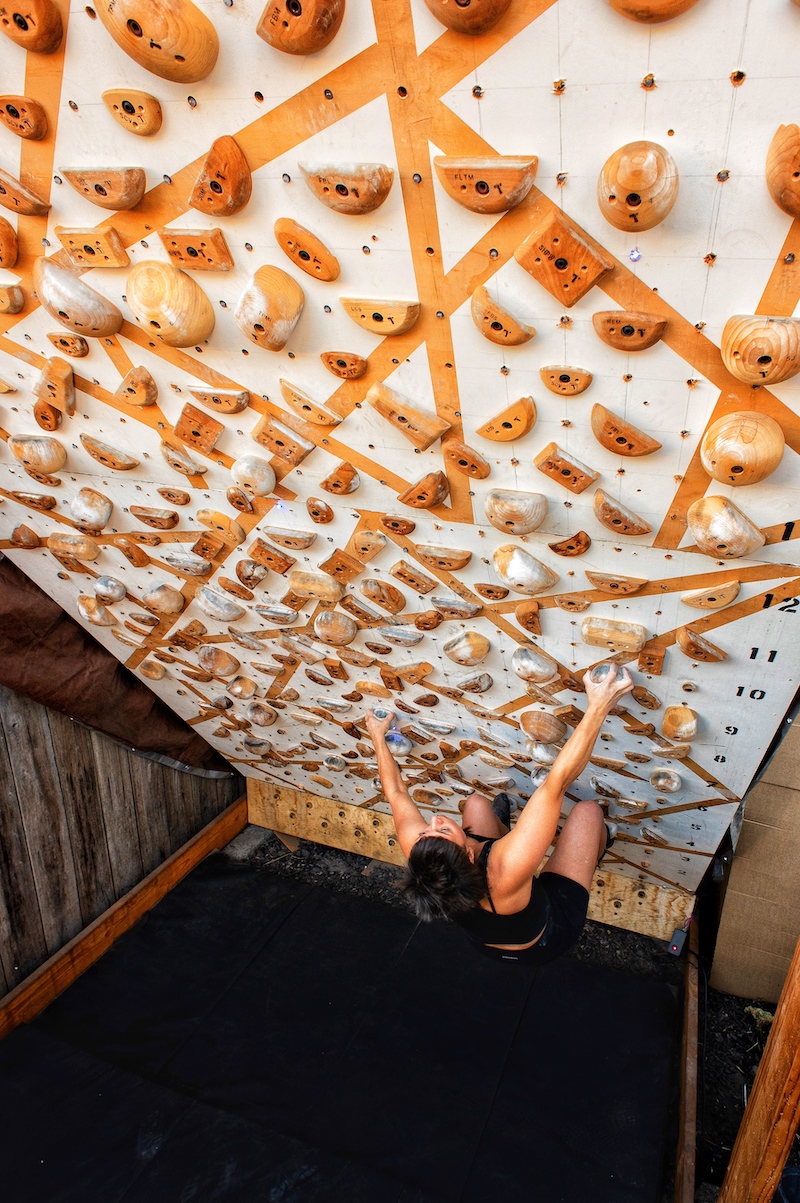 How do you deal with injuries? How can you tell if something is an acute injury and you need to stop, or if it’s something you can or should work through?
How do you deal with injuries? How can you tell if something is an acute injury and you need to stop, or if it’s something you can or should work through?
First, don’t panic. Injuries happen and most of them (save traumatic/catastrophic injuries) get better on their own within 6-8 weeks.
Keep training as normally as possible. You can adjust load, range of motion, do a different exercise, etc. If you’re not sure contact someone like me who can help you with this.
Introduce movement in a non-threatening (to tolerance) way via graded exposure. Example: Can’t bend over to touch your toes because you hurt your back? Do some cat-cow on all fours or bend forward as far as you CAN go and work into a deeper range of motion after several repetitions. This decreases your brain’s perception of threat and will help you recover faster.
If something hurts try warming up slowly—maybe more slowly than usual. If it stays at a tolerable intensity then it’s ok to do. Some discomfort can be ok when you have an injury. If you are feeling worse or debilitated 48 hours later, you overdid it. But that’s ok! That’s information for next time. Do a little less next time.
If you’re not sure seek professional help. If it’s a traumatic injury like a big fall or an accident, definitely seek medical help.
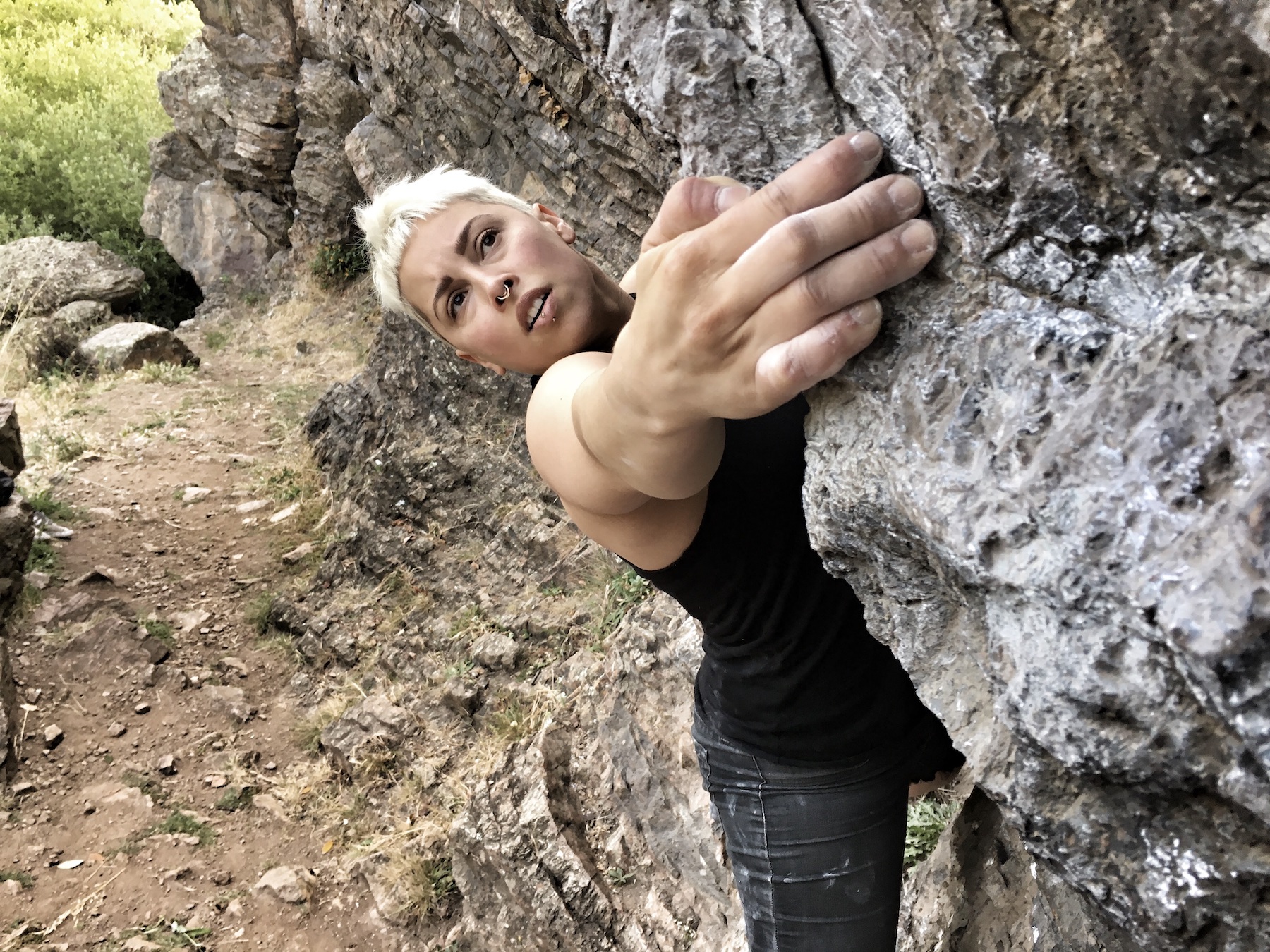
What was it like switching from climbing to lifting? How do you deal with the identity shift or imposter syndrome?
It was fun to be new at something. It also taught me a lot about training and patience. It’s made me such a better and more well-rounded athlete. I found powerlifting at a time when climbing was feeling a little stale and I was dealing with a few injuries. It’s helped me overcome all of them and I’m A LOT stronger now. I got so into it that I have made it to Nationals two years in a row and this last year I was the 2019 National champion in my age group and 6th overall. This year I was training to beat some state records and compete at Nationals again but everything got canceled due to COVID.
I didn’t have imposter syndrome, but I will say I feel tiny at powerlifting meets around all the powerlifters and HUGE at the climbing gym around all the tiny climbers!
I also think a lot of people can’t really fathom not obsessing over JUST climbing but I’ve been climbing for 22 years. It’s not going anywhere.
I also think a lot of people can’t really fathom not obsessing over JUST climbing but I’ve been climbing for 22 years. It’s not going anywhere. Plus, I have a healthier relationship with it now. It never felt good to be completely OBSESSED. I love being a multisport athlete!
How do you balance sports as a multisport athlete?
Having seasons is important. There are times when my training for powerlifting isn’t as intense and I can focus more on climbing. When I am preparing for a powerlifting meet I will climb less or not climb at all. There have been times where I just haven’t climbed because I’ve been so focused on powerlifting. The training process is very fun for me and I get distracted. But now I have a home wall and have been doing more climbing since the start of quarantine. I think I’d like to spend more time on some climbing goals. I’ve built a lot of strength and I feel like a completely different athlete now. It’s going to be fun to get back into real climbing shape again!
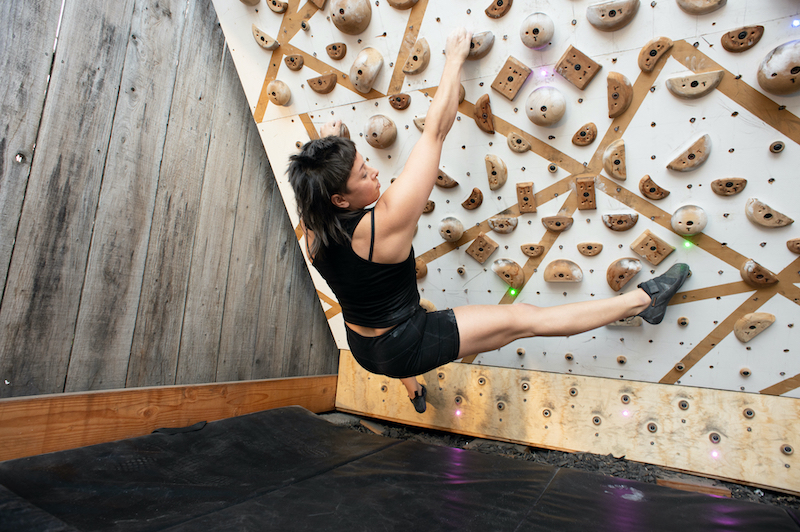
Can you break down how much of your time is training, how much of it is injury prevention, and how much of it is rest?
Smart training reduces your risk of injury. I auto-regulate all of my programs which allows me to be flexible with how hard I push each session. I train enough to get stronger but can pull back and reduce the load or volume on days when I don’t feel fully recovered.
I train A LOT, but a caveat: I have spent the last 6 years working up to what I can do now. I train 12 hours a week for powerlifting (4 days per week), I have 3 full rest days per week usually, but lately I have also been climbing 1-2 hours 1-2x per week at home.
What do you do on rest days?
REST. EAT. SLEEP. And obviously, work too. You don’t get stronger from training, you get stronger from RECOVERING from training.
Thanks, Natasha!
Don’t miss our Pro ‘Gram Live Q+A with Natasha on Monday 1/25 at 6pm. And if you’re looking for more ways to get some expert advice from a pro, check out her at-home programs and Zoom clinics:
Strong AF At Home Program for Members
3 Pillars of a Successful Training Program Workshop
Combining Strength Training + Technique Training for Climbing Workshop
